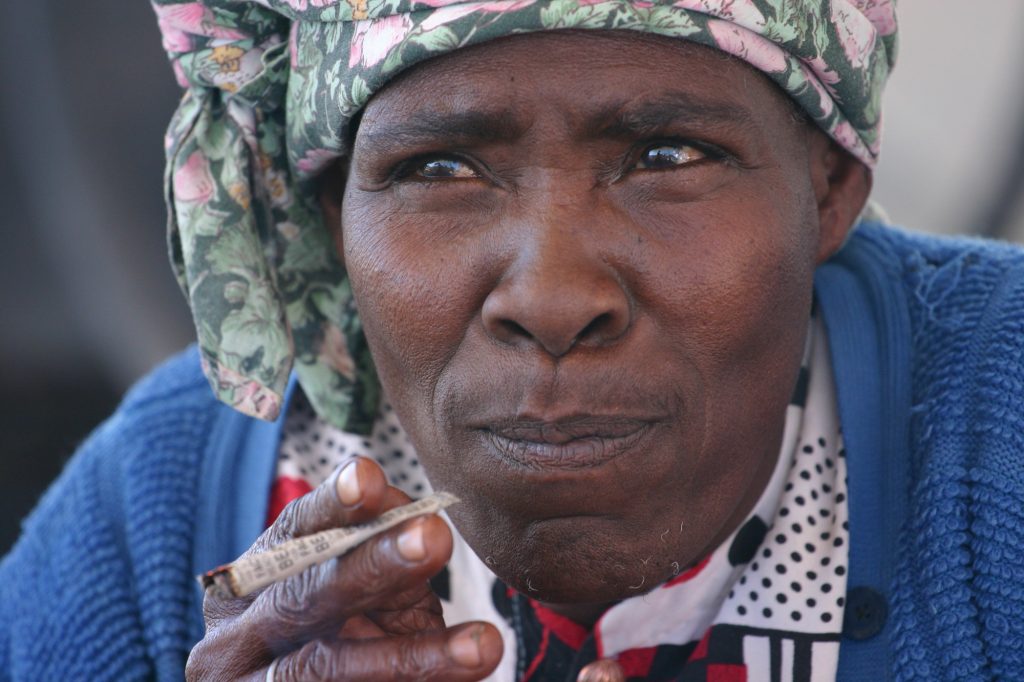The number of female smokers in developing countries may rise as contraception becomes more widespread, according to a study of smoking habits among a tribe in the Congo.
The paper shows that Aka women, although equal to men in the tribe’s social model, smoke less than men. The women said they refrain from smoking because of concerns about foetal health, and that men prefer women who do not smoke to ensure that babies are born healthy.
The study, published by US researchers in the journal Human Nature last month, uncovered a high level of awareness of the harm tobacco smoke can do to unborn children.
“The Aka are a natural fertility population” – i.e. a population that does not deliberately control births – and “the prevalence of female smokers is relatively low” out of concerns for unborn babies, explains lead author Casey Roulette, an anthropologist at San Diego State University. “This raises the concerning possibility that, if and when the Aka begin using contraceptives, female smoking will also increase.”
The researchers found that 95 per cent of Aka men are smokers. Both men and women among the tribe think men should smoke, as tobacco is seen as giving them extra strength to hunt and provide for their families, the paper says. But women, who contribute equally to family subsistence, consider smoking a taboo for pregnant women and those with small children.
As a result, only 36 per cent of Aka women were found to be smokers, and these women tended to be beyond childbearing age.
The paper says that in both developed and developing countries about 30 per cent of men smoke regularly.
But less than four per cent of women in poor countries smoke, compared with around 17 per cent of women in rich countries.
The researchers uncovered statistical evidence that, as countries develop and healthcare improves, a greater proportion of women smoke, while male smoking patterns remain unchanged.
The authors point out that indigenous people’s knowledge of smoking’s health impacts and their reasoning for decision-making around smoking must be considered when trying to reduce smoking in these communities.
“We suggest promoting public health messages that use local beliefs and practices obtained in anthropological studies to help reduce the frequency of smoking,” says Roulette.
Getting the right health message across is important, as tobacco is a serious health burden for indigenous people around the world, says Kristin Carson, a respiratory medicine researcher at the University of Adelaide in Australia. This is particularly true for indigenous communities living in impoverished or deprived conditions as the Aka do, she says.
References
Casey J. Roulette and others A biocultural investigation of gender differences in tobacco use in an egalitarian hunter-gatherer population (Human Nature, 19 April)

